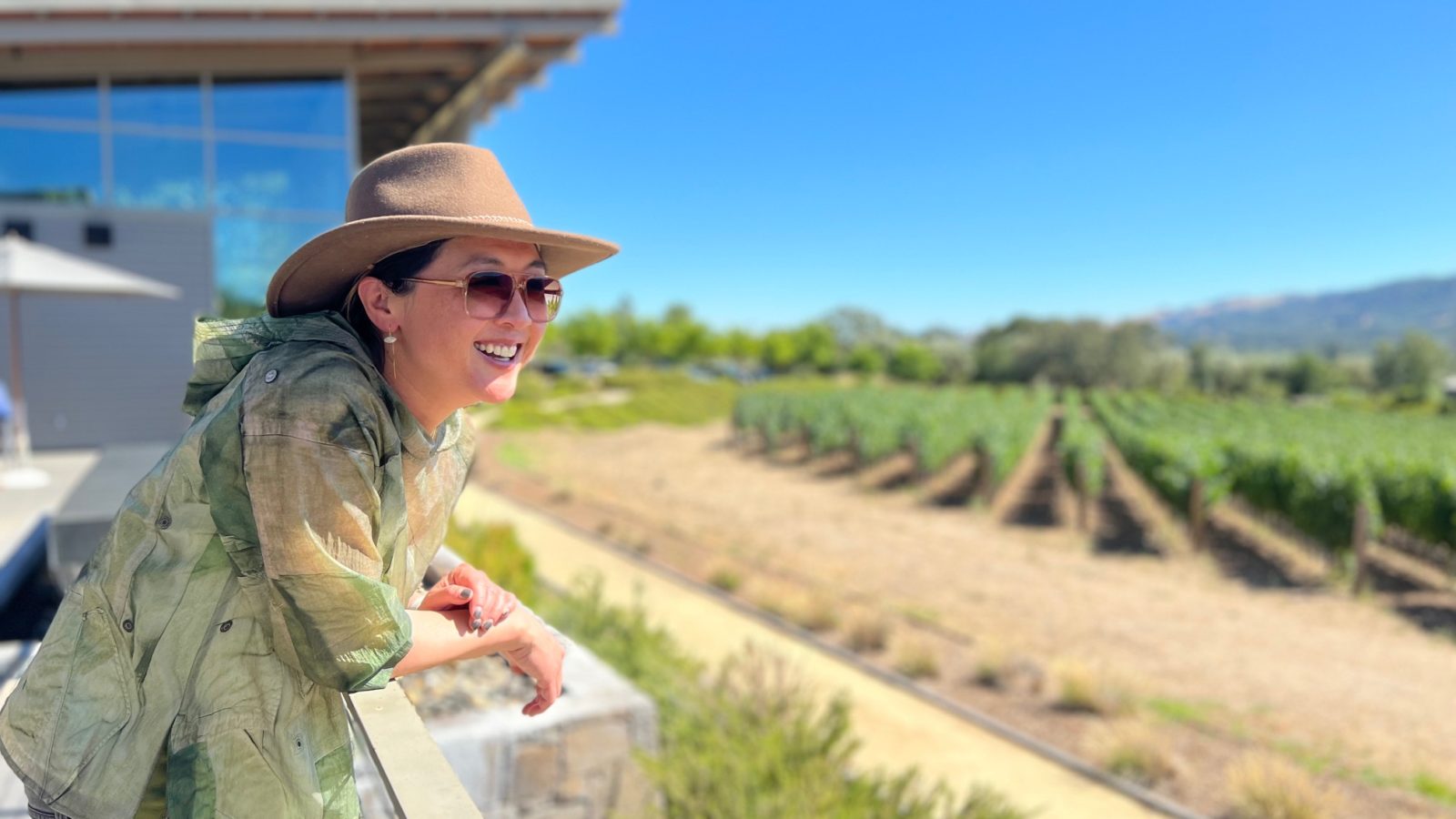Since 2020 BC (Before Covid), it became more apparent than ever that our juggling skills were not up for the challenge of work/life balance. If it were a test, most of us would’ve gotten the boot from clown school.
But we tried our best. We bounced between logging into Zoomland and logging our kiddos into their next class. We took different steps between the bedroom and the kitchen to simulate a new commute (or maybe that was just me). In the chaos of working remotely, the default mode for most was to “be on” for work, all the time. In our juggling of work and life, we were resilient, but one thing was missing: growth. We were just hell-bent on keeping everything (sometimes barely) afloat.
In survival mode, feeling stagnant makes sense. But as we’re finally coming out of the depths of Zoom meetings and seeing each other IRL (in real life), where do we go—or more importantly—grow from here? Humans don’t want to just survive; we’re hard-wired to want to proliferate and thrive. So what does growth mean for our mental health, well-being, and happiness today?
We’re growing differently now
In the science of happiness, growth (or progress) is considered a “lever,” meaning, the more you experience it, the more it can contribute to your happiness. By amping up a sense of growth in our lives, we experience more happiness because our recognition of accomplishments is happening more frequently (even if they’re small wins). Think of it as getting points for every mile rather than placing one finish line far in the distance.
When the pandemic kept the world on lockdown, there was a moment when people were experimenting with their sense of growth without even knowing it. We retreated to “comfort hobbies” or got brazen with new ones like bread-making, adopting one too many pets, or attempting next-level jigsaw puzzles. As misshapen as that loaf of bread was, we celebrated those bite-sized wins.
Using ourselves as Petri dishes, we experimented with what brought us joy and moments of peace (hello self-care 2.0). Then, some of us wanted to move beyond hobbies, and peek at other pieces of our lives, ones that contribute to our whole well-being. We caught a glimmer of the wholeness and happiness we seek, and found that it requires a more integrated mentality of curiosity and courage.
In my book, I refer to this as the “Greenhouse Model,” a mindset that acknowledges we are gardeners of our own greenhouses, testing what best nurtures all the different parts of us.
Nurture your greenhouse, so you can better nurture others
From an evolutionary standpoint, everyone naturally wants (and deserves) to grow. Here’s what major research has found:
- Workers say their mental health is more important than advancing their careers (Deloitte, 2022).
- There’s a 30% gap between how much CEOs believe they’re prioritizing well-being and what employees actually perceive (whoops).
- When looking to switch companies, more than half of employees say that better well-being, benefits and pay, and an increased ability to do what they do best factor into accepting a new offer (Gallup, 2022).
Between these stats and the lasting impacts of 2020, there’s no doubt The Great Resignation, Quiet Quitting, and The Great Breakup are the results of people asking themselves, “Is this job even worth my time anymore?”
Employees can do their jobs really well if leaders set up the right conditions for them to adapt and thrive. That’s why having a greenhouse approach pays off, for both the heart and head, at all levels of your company. The overarching goal is not to have one plant towering over all the rest; it’s to nourish the whole garden, so each plant grows and develops a symbiosis with one another.

The greenhouse conditions
There are four greenhouse conditions that relate to how we best thrive collectively. Not only are they found in the most respected companies that prioritize people with profits, but they also exist in the most sustainable and resilient environments of them all: nature. Turns out, we can apply what we’ve learned from our favorite Sir David Attenborough documentary to the workplace. These four conditions are alignment, belonging, accountability, and commitment.
Without these greenhouse conditions, workplaces can feel like The Hunger Games instead of an ecosystem of people working together as a collective. When the right conditions are in place, people inherently work towards the goals of what every team and business wants: sustainability, productivity, resourcefulness, and adaptability.
When sowed into your company culture, these conditions create an environment for growth on the individual (ME) and team (WE) levels, and impact your customers and everyone you touch in your ecosystem (COMMUNITY).
These conditions, with an underlying foundation of meaning in purpose and values, are the greenhouses we can nurture for ourselves, so our teams and companies can grow. This is how we connect our ME to the WE to impact our collective COMMUNITY.
In a series of posts, we’re going to dive deeper into the four greenhouse elements so we can incorporate more “greenhouse” in our lives and adapt the way our workplaces need to modernize and evolve.
Like the good ole analogy of putting on our oxygen masks first, this is the time to adopt a greenhouse mindset. It might feel counterintuitive, but it makes sense. To create the conditions for others to grow, you have to integrate them into your own life first. And instead of acting like our planes are about to take a nosedive, let’s be intentional and do it knowing we can grow as individuals, together.


